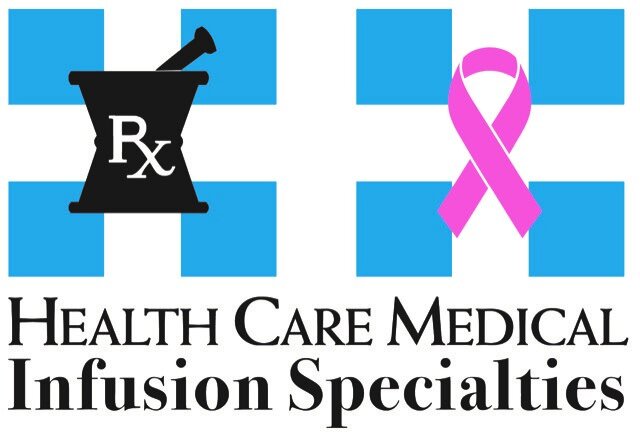Thyroid Awareness Month: How Infusions Can Alleviate the Symptoms of Thyroid Eye Disease
Many of us have heard of a thyroid gland, but it’s probably not something you spend a lot of time thinking about. That is, until it starts functioning in a way that’s not normal. Many people don’t realize what a big role this small gland plays when it comes to the day-to-day functions of our body. January is Thyroid Awareness Month. It’s a time to educate the public on the importance of a healthy thyroid and what diseases can affect it.
What is a thyroid?
The endocrine system is responsible for the production of hormones in the body. The thyroid is one of the glands that makes up the endocrine system. It is a small, 2-inch-wide gland located at the front of the throat directly below the Adam’s Apple. It has two lobes, giving it the appearance similar to a butterfly. Thyroid hormones control everything from metabolism, growth and development, and body temperature.
What is Thyroid Eye Disease?
Graves’ disease is an autoimmune disorder in which the immune system attacks the thyroid. This causes a condition known as hyperthyroidism, which is the overproduction of thyroid hormones. A few symptoms of hyperthyroidism include dramatic weight loss for no apparent reason, rapid or irregular heartbeat, anxiety, sweating, fatigue and muscle weakness, or difficulty sleeping.
Thyroid eye disease (TED) occurs in people who have Graves’ disease. Increased hormone levels lead to swelling in the muscles around the eyes, causing the eyeballs to bulge from their sockets. As a result, the eyelids swell and pull back from the protruding eyeballs. Because the eyelids are no longer able to protect the eyes, they become dry and irritated and more sensitive to light. If left untreated, TED can lead to blurred vision, corneal damage and vision loss.
Treatment for Thyroid Eye Disease
Although TED is caused by Graves’ disease, the two are considered separate conditions and are treated as such. The first step towards treating TED is to reduce the inflammation that threatens to damage the eye. This is done through corticosteroids, anti-inflammatory drugs or biologics. Recently, the Food and Drug Administration approved a biologic known as Tepezza (teprotumumab-trbw) to specifically treat TED. It’s the first and only prescription drug approved for this use by the FDA.
Tepezza is given as an infusion through a healthcare provider. Infusions are typically prescribed once every three weeks for a total of eight infusions. Each infusion lasts about 60-90 minutes. If you suffer from TED, talk to your doctor about whether Tepezza might be the right treatment option for you. Tepezza infusions can be administered in one of our spa-like suites at our clinic, or in the comfort of your own home by one of our experienced infusion nurses.
Health Care Medical Infusion Specialties provides infusion services, durable medical equipment and HyVIta infusions to the entire state of Mississippi.
